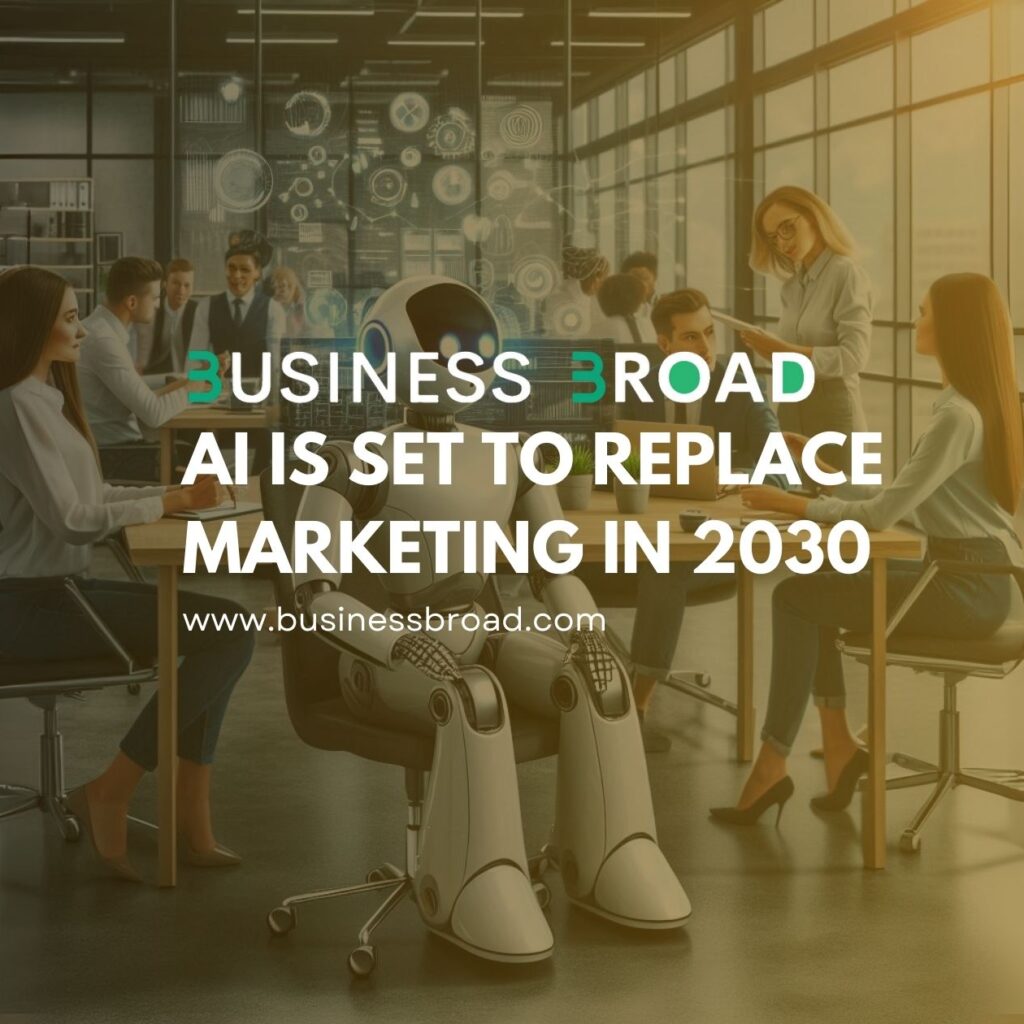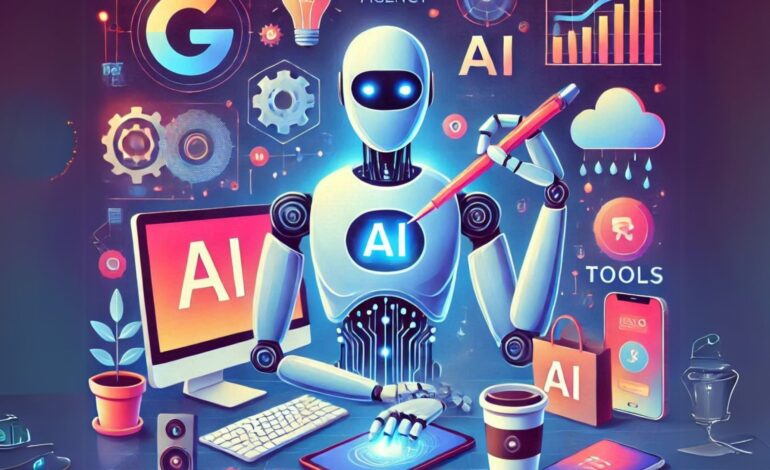The marketing landscape has been evolving rapidly, with technological advancements driving significant changes in strategies and execution. As we approach 2030, artificial intelligence (AI) is poised to revolutionize the marketing industry, potentially replacing traditional marketing roles and transforming how businesses connect with consumers. Here’s a look at how AI is set to replace marketing by 2030 and what it means for the future.

The Rise of AI in Marketing
AI has already made significant inroads into marketing, automating tasks such as data analysis, customer segmentation, and personalized content creation. By 2030, AI is expected to handle even more complex marketing activities, offering businesses unprecedented efficiency and precision. Here are some key areas where AI is set to replace traditional marketing:
1. Personalized Customer Experiences
AI-powered tools can analyze vast amounts of data to understand individual customer preferences and behaviors. By 2030, AI will enable hyper-personalized marketing, delivering tailored content, recommendations, and offers to each customer. This level of personalization will enhance customer satisfaction and loyalty, driving higher conversion rates.
2. Automated Content Creation
Creating engaging content is a cornerstone of effective marketing. AI can generate high-quality content at scale, from blog posts and social media updates to video scripts and ad copy. By leveraging natural language processing (NLP) and machine learning algorithms, AI will produce content that resonates with target audiences, freeing up human marketers to focus on strategy and creative ideation.
3. Enhanced Data Analytics
Data-driven decision-making is crucial for successful marketing. AI will revolutionize data analytics by providing real-time insights and predictive analytics. Marketers will be able to anticipate trends, identify opportunities, and optimize campaigns with unparalleled accuracy, resulting in more effective and efficient marketing strategies.
4. AI-Driven Customer Service
AI-powered chatbots and virtual assistants are already enhancing customer service by providing instant support and resolving queries. By 2030, these AI-driven tools will handle even more complex interactions, offering seamless customer experiences and gathering valuable feedback for continuous improvement.
5. Dynamic Pricing Strategies
AI can analyze market conditions, competitor pricing, and customer demand to optimize pricing strategies in real-time. By 2030, AI-driven dynamic pricing will enable businesses to maximize profits while maintaining competitive pricing, ensuring that they can respond swiftly to market changes and customer preferences.
6. Programmatic Advertising
Programmatic advertising uses AI to automate the buying and selling of digital ads. By 2030, AI will enhance programmatic advertising by optimizing ad placements, targeting the right audiences, and adjusting bids in real-time. This will result in higher ad efficiency and better return on investment (ROI) for businesses.
7. Predictive Marketing
AI’s ability to analyze historical data and identify patterns will enable predictive marketing, allowing businesses to forecast customer behaviors and market trends. By 2030, predictive marketing will become a standard practice, helping businesses to stay ahead of the competition and meet customer needs proactively.
Preparing for the AI-Driven Marketing Future
As AI continues to advance, businesses must adapt to stay competitive. Here are some steps to prepare for the AI-driven marketing future:
- Invest in AI Technology: Stay ahead of the curve by investing in AI tools and technologies that can enhance your marketing efforts.
- Upskill Your Team: Equip your marketing team with the skills to leverage AI effectively. Encourage continuous learning and provide training on AI applications.
- Embrace Data: Develop a data-driven culture within your organization. Prioritize data collection, analysis, and integration to make the most of AI capabilities.
- Focus on Creativity: While AI can handle many tasks, creativity remains a uniquely human trait. Encourage your team to focus on creative ideation and strategic thinking.
- Monitor Ethical Considerations: As AI becomes more integrated into marketing, it’s essential to consider ethical implications. Ensure that your AI practices align with privacy regulations and ethical standards.
Conclusion
AI is set to revolutionize the marketing industry by 2030, offering unprecedented efficiency, personalization, and data-driven insights. By embracing AI technology and preparing for the future, businesses can stay competitive and deliver exceptional customer experiences. The future of marketing is bright, and AI will undoubtedly play a pivotal role in shaping it.




